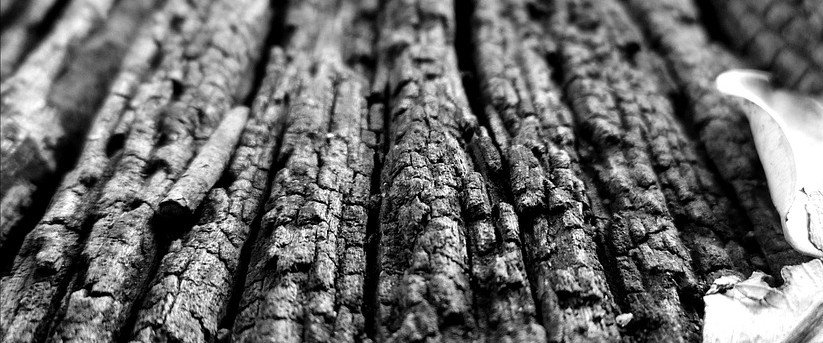Viscose CV
HISTORY OF VISCOSE RAYON
Rayon is the generic term for fiber (and the resulting yarn and fabric) manufactured of regenerated cellulose by any one of six processes. Its importance as a fiber lies in its versatility, and in the fact that it was the first viable manufactured fiber.
As far back as 1664, English naturalist Robert Hooke theorized that artificial filaments might be spun from a substance similar to that which silkworms secrete to make silk. This was often tried by scientists in the ensuing years who sought an "artificial silk", yet no one was to succeed until in 1855 the Frenchman did so, George Audemars. By dipping a needle into a viscous solution of mulberry bark pulp and gummy rubber, he was able to make a thread. While interesting from a scientific standpoint, this process was hardly viable economically - it was very slow, and required a great deal of skill and precision.
The first commercial synthetic fiber was produced by Hilaire de Bernigaud, Count of Chardonnay (1839-1924) after 29 years of research, was patented in 1884, and manufactured by him in 1889. This cellulose-based fabric known as Chardonnay silk was pretty but very flammable, it was removed from the market.
Soon after, the English chemist Charles Frederick Cross and his collaborators Edward John Bevan and Clayton Beadle discovered the viscose process in the early 1890ies.
Courtaulds Fibers produced the first commercial viscose rayon in 1905; the first in the United States was in 1910 by the American Viscose Company. Initially rayon was called "Artificial Silk", and many other names.
Mid 1920ies, a committee formed by the U.S. Department of Commerce and various commercial associations decided upon the name "rayon". It was called "rayon" for one of two reasons: either because of its brightness and similarities in structure with cotton (sun = ray, -on = cotton). Or because the naming committee couldn't find a name from the thousands entered in a contest they sponsored, and who hoped to shed a "ray of light" on the subject (from rayon, French for ray).

